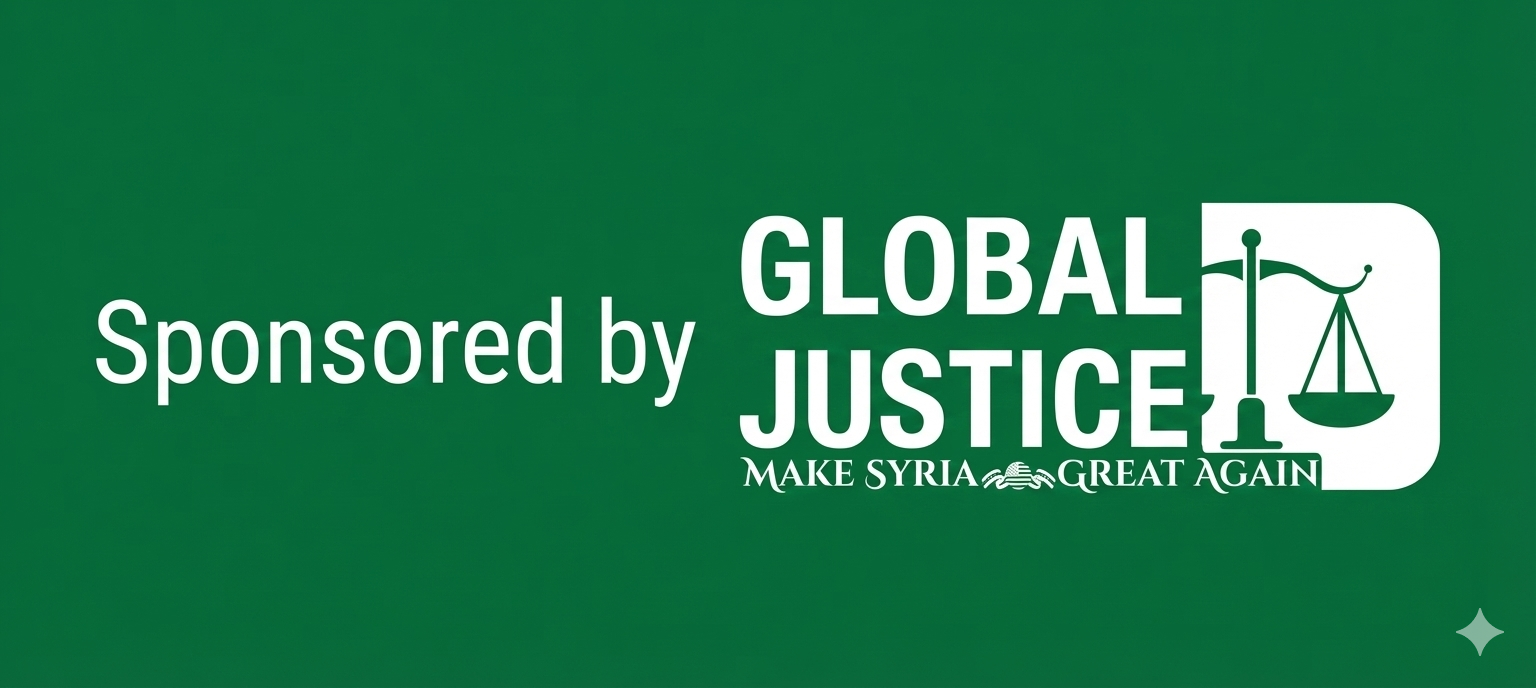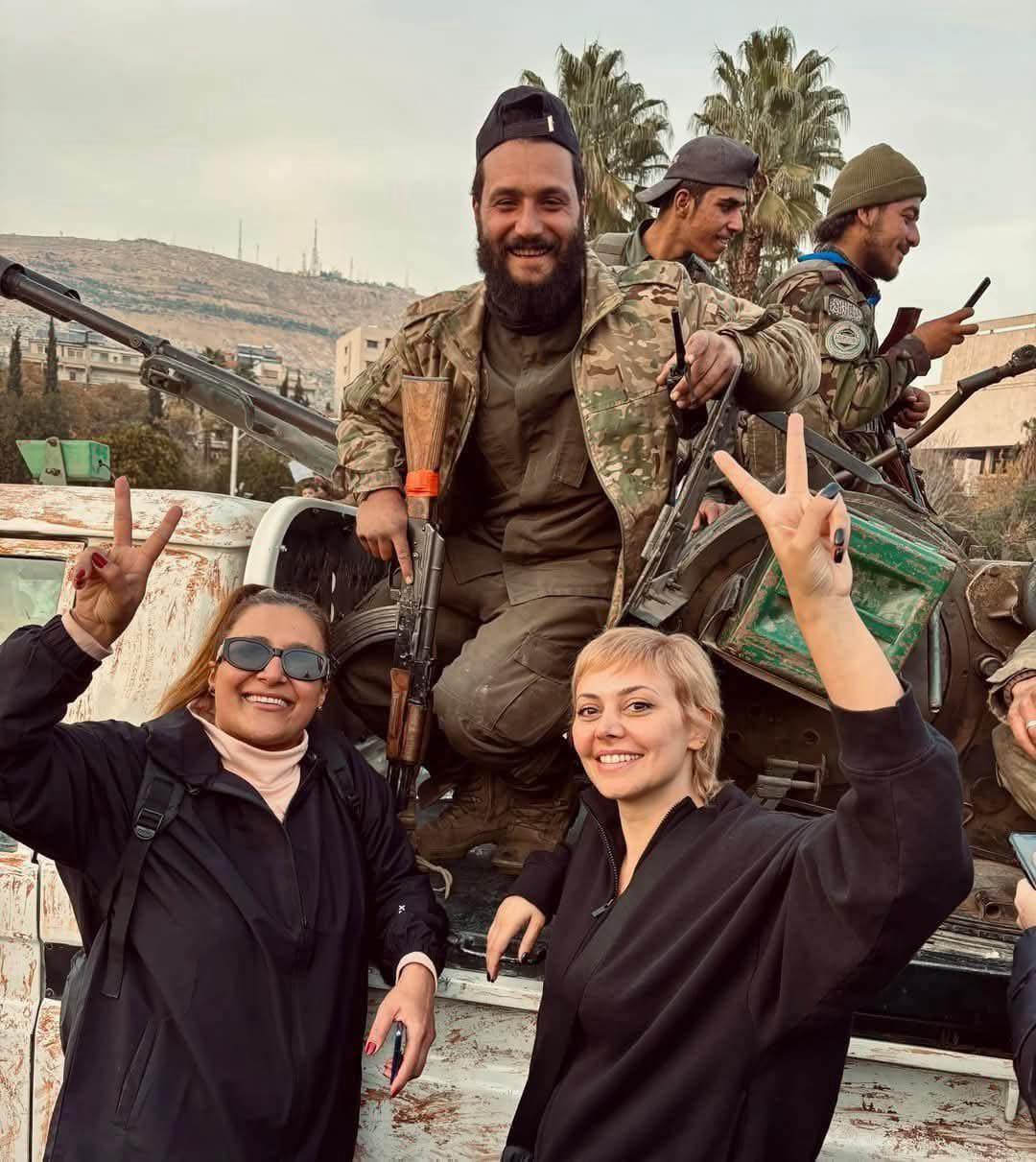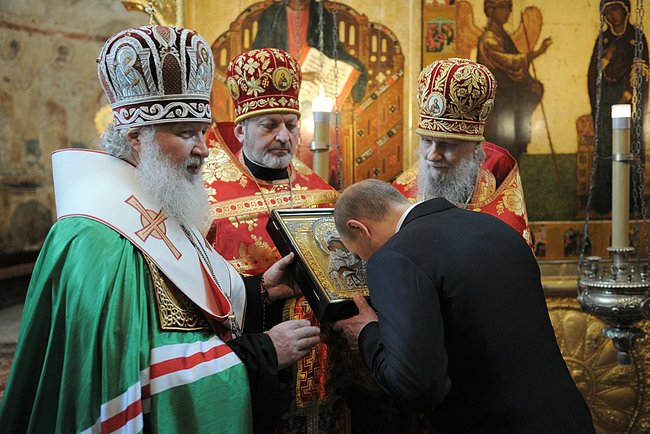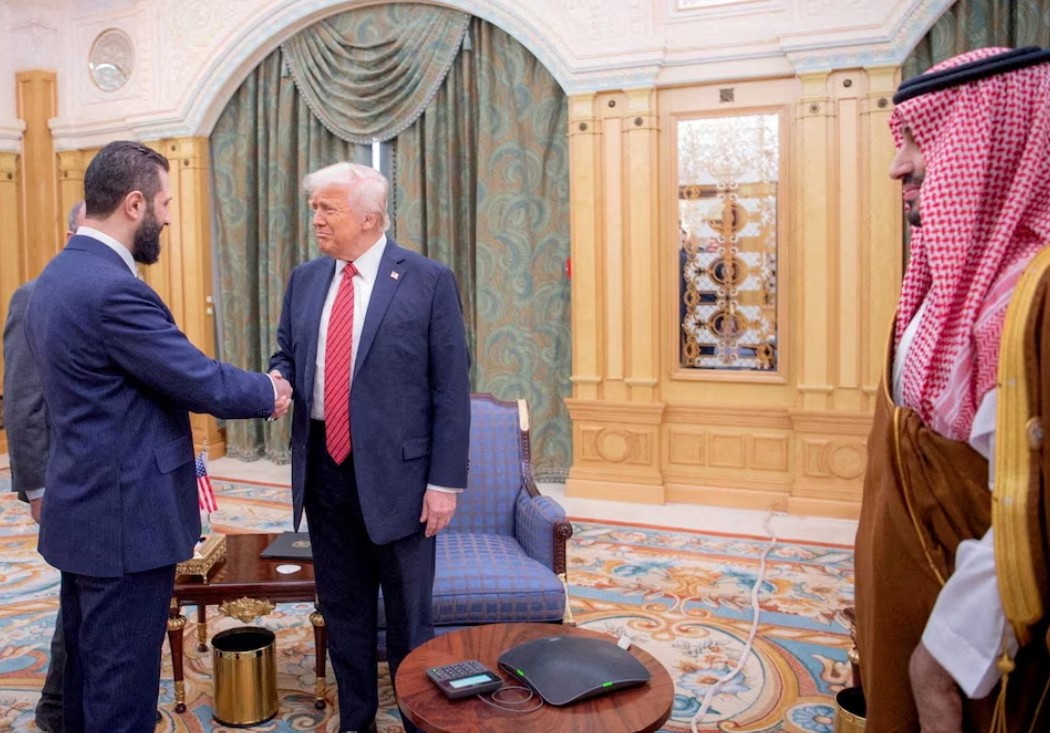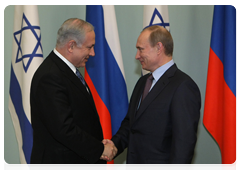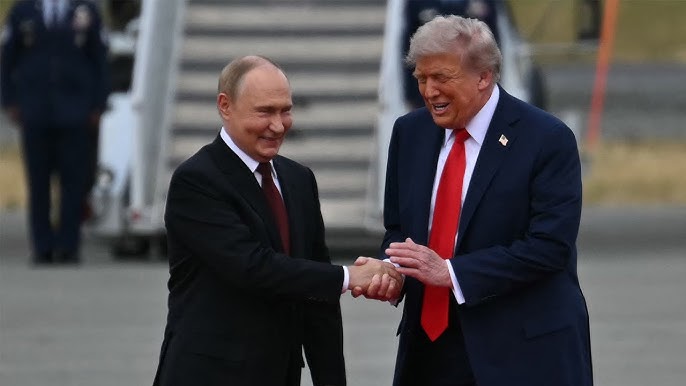Weaponising Refugees: Europe Echoes Putin’s Script
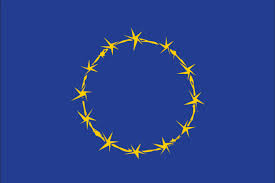
Bulgaria’s interior minister Daniel Mitov claims Russian spies are working with people-smugglers and “hard-left humanitarian groups” to “flood Europe with illegal immigrants.”
Mitov told the UK's Times newspaper that Moscow’s intelligence services are collaborating with criminal networks and “neo-Marxist” NGOs to undermine democracy, helping migrants exploit EU and UK asylum systems and evade deportation.
UK foreign secretary Yvette Cooper backed him, warning that “hostile state actors” like Russia are using migration “to destabilise Europe.”
When these politicians mutter darkly about “migration,” they're not referring to Canadians, Australians or Americans overstaying their visas and moving to Europe for better jobs. They mean refugees, mostly non-white and from the global south, fleeing wars, dictatorships and disasters, often the same ones Western powers helped prop up or create. British right-wingers aren’t picketing Heathrow's arrivals halls with 'No more planes' signs; they’re inveighing against “small boats” on the beaches of Kent.
Their language is notable less for what it reveals than for what it repeats. In portraying refugees and immigrants as a weapon and NGOs as ideological saboteurs, Mitov and Cooper are reciting the Kremlin’s own script almost word for word.
Russia has indeed created and exploited refugee flows — most brutally through its bombing of Syrian cities and exploitation of the resulting mass flight of survivors, which only ended ten months ago with Assad’s overthrow. In Syria, Putin learned how displacement could be weaponised, how Europe’s colonial reflexes and Islamophobia could be turned into political leverage. He discovered that he could use Western racism as efficiently as he manipulates gas supplies: turn the tap, watch Europe fracture.
Now, far-right movements across the continent — and centrists desperate not to lose votes to them — speak in the vocabulary Putin crafted. Migration is no longer seen as the product of war and dictatorship but as a “danger” and “destabilising force.”
Mitov’s “neo-Marxist” smear comes from the same authoritarian lexicon that criminalises dissent and humanitarianism alike. Trump used it when he branded “Antifa” — short for anti-fascists — a terrorist organisation, despite there being no such body. Trump’s role model Putin codified it in Russia through his ever-expanding “foreign-agent” laws.
The technique is universal: recast solidarity as subversion, turn aid into treachery, make empathy a crime.
This fascist formula refined by Putin in Syria, using “counter-terrorism” to justify repression, dehumanization and crimes against humanity, and to create refugee crises used to destabilise democracies and boost fascist allies, has been enthusiastically adopted by his far-right allies, from Netanyahu to Orbán, with chilling precision.
And Europe, instead of resisting, is amplifying it. Cooper’s warning about “hostile actors” could have been broadcast on RT. Across the continent, refugees, more especially Muslims, are described in military language — “flows,” “infiltration,” a danger requiring “defence of borders.” Even self-proclaimed liberals now speak fluent far-right.
A study published last week by the European Journal of Political Research found that Germany’s Kremlin-allied far right is setting the national agenda precisely because its opponents keep echoing its rhetoric, lending it legitimacy and mainstream acceptance. The same pattern runs through Europe: leaders claiming to fight fascism by imitating it; voters, meanwhile, prefer the full-strength version to the skimmed-milk imitation.
Europe’s new anti-migration consensus is the final stage of that contagion. Instead of recognising refugees as allies and victims of the very authoritarianism Europe claims to oppose, governments now treat them as its agents — “illegal migrants” rather than survivors. The persecuted have become the proxies for their persecutors, victimized twice over for the ‘crime’ of fleeing oppression.
If Europe truly wants to oppose Putin, it must stop doing his work for him. That means exposing and rejecting Kremlin-tested rhetoric about “security” and “destabilisation.” It means defending, not demonising, the humanitarian workers upholding the principles Europe still claims to stand for, before those principles vanish altogether. And it means recognising that the refugees reaching Europe are fleeing, not serving, the regimes Russia backs — and that, at the rate Putin is going, with multiple countries preparing for war, any European country could be next. How Europeans treat those seeking refuge now is how Europeans may one day be treated as refugees themselves. We really are all in this together.
As things stand, Putin doesn’t need to plant spies among smugglers to destabilise Europe.
He only needs Europe to keep repeating his script.
By Ruth Riegler

